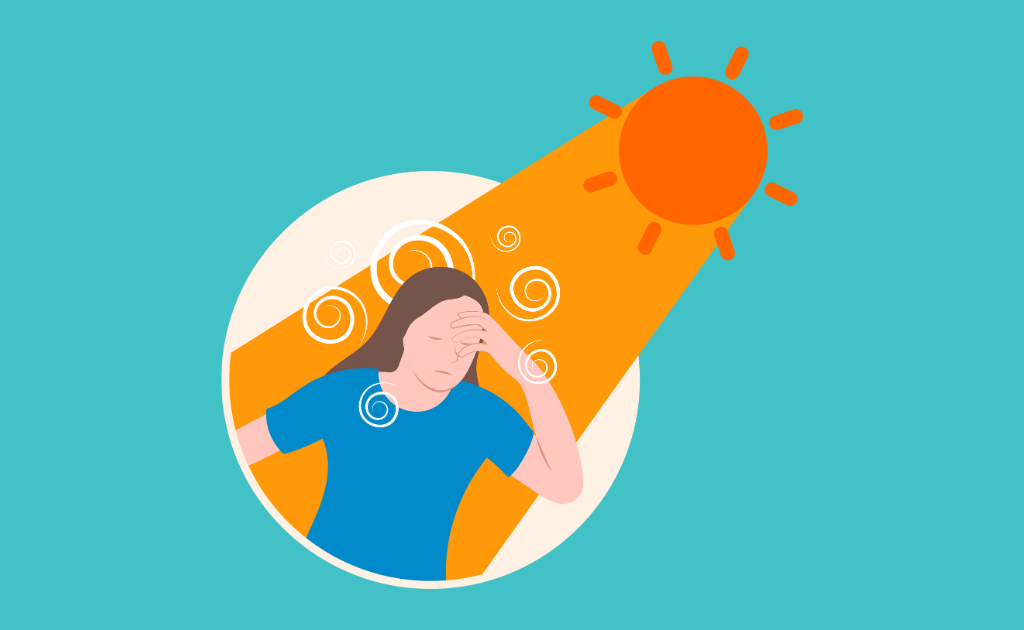Did you know medicines are one of the most common causes of heat intolerance? This summer we have seen temperatures go above 30°C in some regions of New Zealand. As many people get out to the beach, walk in the park, and enjoy the summer festivities, those with heat intolerance may be feeling frustrated and uncomfortable. In this article we will look at how your medicines may affect your heat tolerance, and how to manage the warm weather.

For some people moderately warm or hot weather can result in them experiencing a range of uncomfortable symptoms. This can occur at temperatures where other people may feel completely comfortable. Typically, when you need to cool off the hypothalamus (a part of your brain) will tell your body to sweat – which cools your body down as it evaporates off your skin. However, if your body is not regulating its temperature properly you may experience the symptoms of heat intolerance. These symptoms may include excessive sweating, exhaustion, fatigue, nausea, dehydration, dizziness, vomiting, and mood swings.
Medicines are one of the most common causes of heat intolerance. Certain medications can affect your body’s ability to regulate temperature. Here are some of the ways medication can affect your heat tolerance:
Here are some common medications that may make it harder for your body to handle increased temperatures and cause heat intolerance:
If you have started to notice the symptoms of heat intolerance or have questions about your medications and heat intolerance, you should speak to your doctor or pharmacist.
If you are struggling with the heat this summer and think your medicines may be contributing to this it’s very important you don’t abruptly stop taking your medicines. Always talk with your doctor or pharmacist if you are concerned. There are also some effective ways to manage heat intolerance that can help you this summer:
If you begin to experience the symptoms of heat intolerance sit down somewhere cool indoors and drink a glass of water. Wrapping a towel soaked in cold water around the back of the neck, or taking a cool bath can help to relieve symptoms too. If symptoms don’t subside despite you taking steps or you are concerned it may be worth seeking medical advice or attention.
Written by Paul Taylor
Paul Taylor is a New Zealand–based healthcare content writer with 5+ years’ experience creating patient friendly articles for online pharmacies and health platforms. He specialises in accessible condition guides, prescription FAQs, OTC advice, and health & wellbeing tips, translating complex medicines or health condition information into clear, actionable content. Paul collaborates with the ZOOM Pharmacy clinical team and bases every article on authoritative sources, peer reviewed journals and national clinical guidelines to ensure evidence based, up to date content. His goal is to help readers feel empowered to make informed decisions about their medicines and wellbeing. This content is general information only and does not replace professional medical advice.